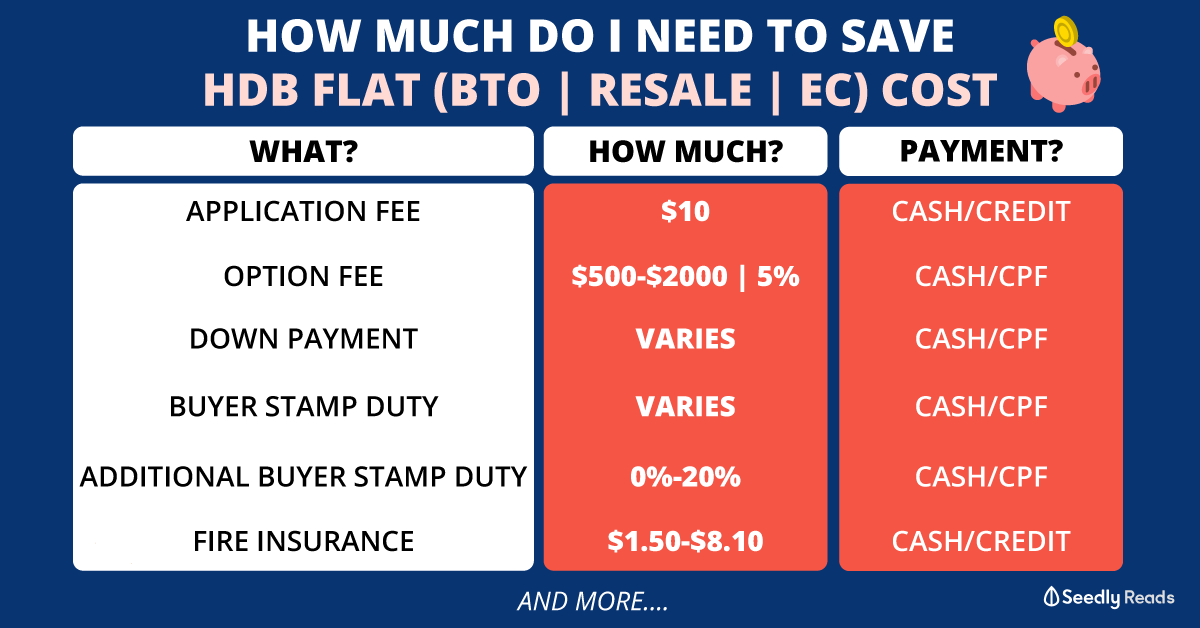Advertisement
Anonymous
Is it really true if you do Dollar Cost Averaging, time in market outweighs timing the market?
Doesn’t sound right to me though - if you start DCA at the peak, it could go on for a few months to years and given speculation on a recession in the next few months etc, does opportunity cost of not being in the market now really outweigh the pros of waiting for prices to appear much lower before going in? Or no difference?
8
Discussion (8)
Learn how to style your text
Reply
Save
Hi Anon!
I think that time in market outweights timing the market because of the time horizon of the investment. If you are familiar with the Efficient Market Hypothesis (where all information about a trade will be reflected in the price of the stock), timing the market will be akin to assuming that the Efficient Market Hypothesis does not hold as you are waiting for that key moment to buy low and sell when it is high. The nature of these trades are that they are relatively short-termed as compared to "time in market" approaches and this could mean many years in the market.
As you mentioned, in the "unfortunate" event that you started off DCA-ing at the "peak", you seem to have automatically make a "loss" but there is no guarantee that the "peak" is the highest that it will ever be. However, you can never be sure that there will never be a higher peak afterwards. The spirit of DCA is in hopes that your average price of buying into the market is superior simply by averaging out the higher prices ("bad" purchases) and the lower prices ("good" purchases). I think it is also nice to note that lump sum investments do better than DCA if you expect the markets to be bullish! However, if you have a regular stream of small capital, DCA might be the way to go!
Reply
Save
Elijah Lee
07 Oct 2019
Senior Financial Services Manager at Phillip Securities (Jurong East)
Hi anon, to put things in perspective here, we need to consider a few things:
Do you know when the...
Read 4 other comments with a Seedly account
You will also enjoy exclusive benefits and get access to members only features.
Sign up or login with an email here
Write your thoughts
Related Articles
Related Posts
Related Posts
Advertisement








At the end of the day, what matters most is the performance of the underlying stock/stock index you buy. No point DCA-ing into a volatile stock that had an overall downward trend for the next 5-10 years, you will just be buying into higher lows and lower lows. Over a long bearish investing horizon , each subsequent contribution will only constitute a smaller percentage of that counter, diminishing the effect of averaging down. Look at all the OSV counters (POSH, pacific radiance) that were Sg stock darlings before 2015 oil price crash, does DCA/time in the market help to alleviate permanent stock losses of fundamentally weak companies?
For stocks with a stellar, proven track record (disney, jnj, nike, mcd, microsoft etc) of consistently increasing its returns (capital appreciation+dividends), and you are confident in holding them long-term, by all means DCA/time in market.
However, stocks that are of a riskier nature (commodites, sin stocks etc), a more conservative approach for me is to first time the market entry price and then DCA if need be.